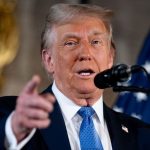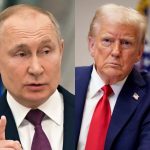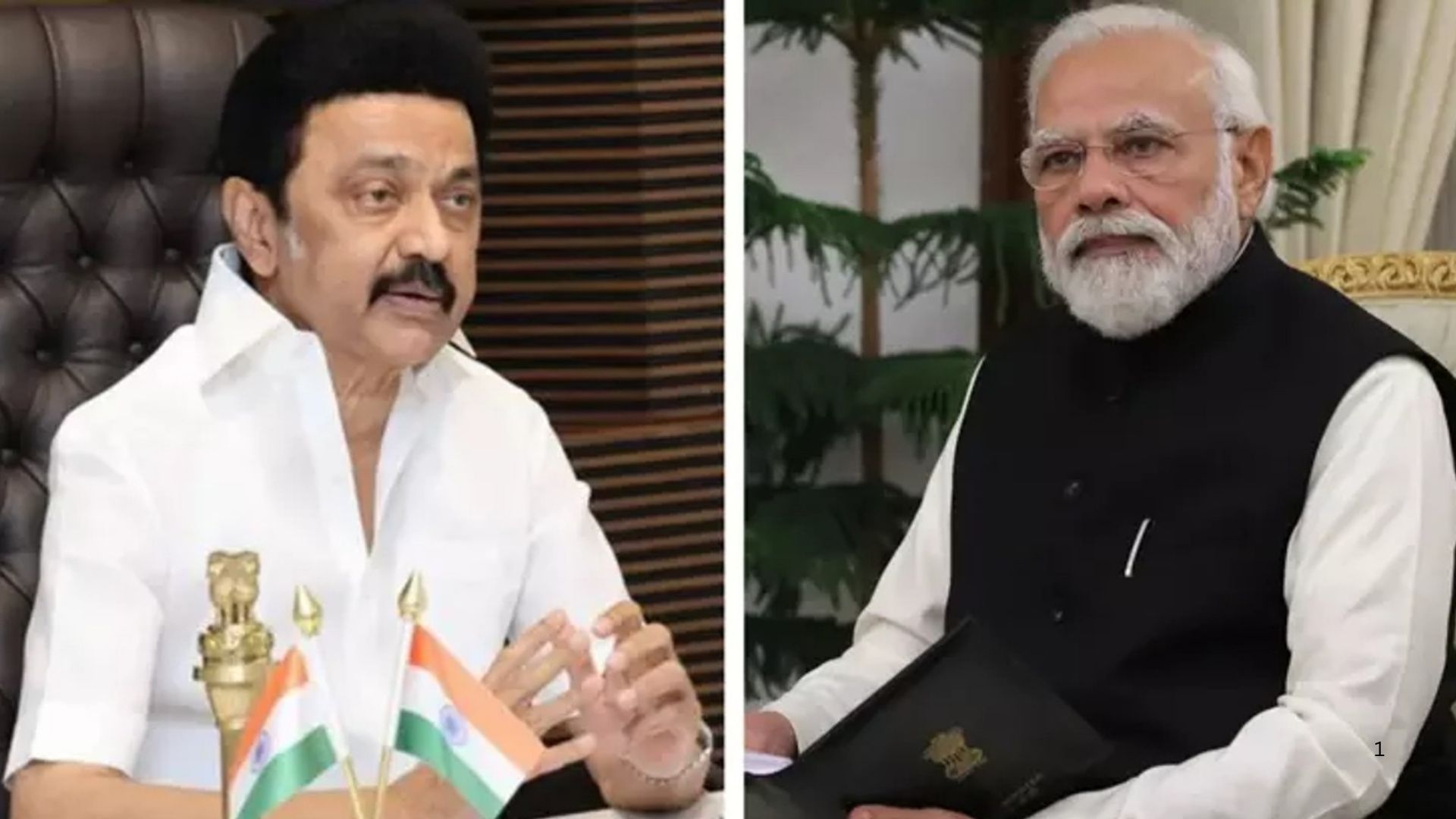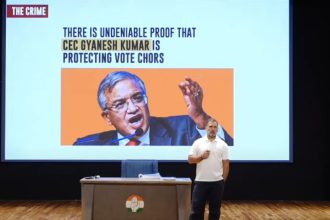The statement of foreign secretary Vikram Misri regarding telephonic conversation between prime minister Modi and president trump has raised more questions than answers it has provided. Ever since president trump, tweeted on the ceasefire between India and Pakistan, the ceasefire has been a political storm in the country. That it was trump who announced the ceasefire before any authority in India or Pakistan and that he has used every platform to claim that he had forced the ceasefire by threatening withdrawal of trade avenues has given the opposition enough reason to question the agreement and the competence of the government. Rahul Gandhi alleged “surrender “ of strategic autonomy. Amidst this chaos the G-7 summit was expected to create fireworks as both leaders would come face to face. But trump abruptly left the meeting before the arrival of the prime minister and further aggravated the controversy. Now in the midst of all this, on one hand we have the foreign secretary statement of telephonic conversation between them and on the other hand we have the dinner meeting of trump with general asim muneer, the field marshal of Pakistan. While government sympathizers here are quoting the foreign secretary and claiming that the prime minister has never bowed to pressure and that he has called trump’s bluff, the opposition is skeptical. It says that there has been neither any joint statement nor any confirmation from the US administration on the foreign secretary’s statement. The way our institutions including the bureaucracy have fared over the past decade, their credibility is on the lowest ebb. Therefore putting the foreign secretary afront of political charges would only muddy the situation further. On the diplomatic side, the question arises if the conversation was official or informal. If official, why was statement issued only by India and not the White House, and if it was informal why was it disclosed, that too by none less than the foreign secretary himself. This is political usage of bureaucracy. The question of Muneer’s invitation remains a challenge for our foreign policy. That the US did not support us during Operation Sindoor, raised questions about our choice of joining the US led camp, at a time when our traditional ally Russia is engaged in hostilities against it. Further our support to Israel against another traditional ally, Iran, when Muneer gets invited to the White House despite supporting Iran, is not defendable.
Domestic politics overshadowing international relations
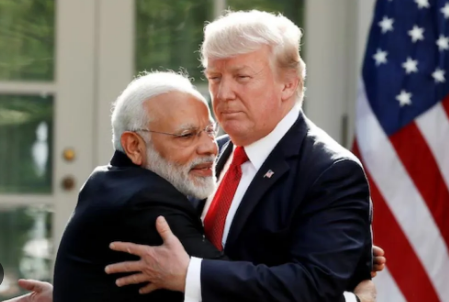
दानिश अनवर, द लेंस में जर्नलिस्ट के तौर पर काम कर रहे हैं। उन्हें पत्रकारिता में करीब 13 वर्षों का अनुभव है। 2022 से दैनिक भास्कर में इन्वेस्टिगेटिव रिपोर्टिंग टीम में सीनियर रिपोर्टर के तौर पर काम किया है। इस दौरान स्पेशल इन्वेस्टिगेशन खबरें लिखीं। दैनिक भास्कर से पहले नवभारत, नईदुनिया, पत्रिका अखबार में 10 साल काम किया। इन सभी अखबारों में दानिश अनवर ने विभिन्न विषयों जैसे- क्राइम, पॉलिटिकल, एजुकेशन, स्पोर्ट्स, कल्चरल और स्पेशल इन्वेस्टिगेशन स्टोरीज कवर की हैं। दानिश को प्रिंट का अच्छा अनुभव है। वह सेंट्रल इंडिया के कई शहरों में काम कर चुके हैं।


